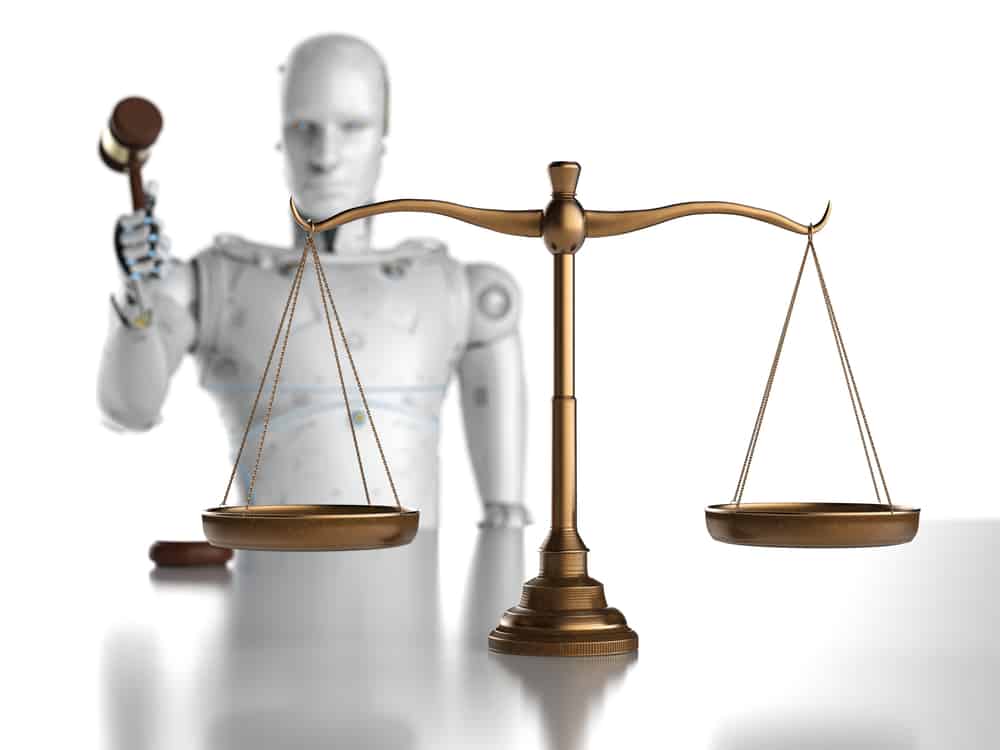News articles about artificial intelligence (AI) and other technological advances often focus on the tech industry, manufacturing, and healthcare. Yet, the same technologies are also changing the way that lawyers work.
Common Ways That AI Is Used in Law Firms Today
According to the American Bar Association (ABA), many law firms already rely on AI for the following:
- Litigation review
- Legal research
- Document management
- Predictive analytics
- Expertise automation
These are just a few examples of the current uses of AI in law. However, AI and related technologies offer limitless potential. In the future, law firms may rely on AI to handle many of the tasks currently completed by assistants and paralegals. In addition, the change in work practices may allow clients to receive legal assistance faster and more accurately.
Here is a closer look at how these technologies are changing the way law firms operate.
AI Streamlines Discovery and Legal Research
Electronic discovery (e-discovery) software was one of the earliest uses of AI in the legal profession. Law firms have access to software for quickly searching documents based on specific search criteria. The legal publishing industry is also using AI to help with research. In addition, companies such as Westlaw and LexisNexis maintain massive databases covering laws and regulations across the country.
Compared to a manual research process, AI offers increased accuracy and speed. Using e-discovery software and legal databases saves time and energy by allowing lawyers to find documents and avoid overlooking relevant information instantly.
Document Management
Law firms have gradually moved away from paper filing cabinets to electronic storage. This is because electronic records are easier to access and take up less space compared to physical storage. However, as the number of documents grows, keeping documents organized becomes more of a challenge.
AI is helping with document management by automating tasks. For example, AI software can automatically tag and sort documents. The latest technologies have also improved the ability to search electronic records using keywords.
Predictive Analytics
Predictive analytics provides two distinct advantages for the legal profession. First, lawyers can use predictive analytics to analyze the outcomes of a specific issue, such as the likelihood of a judge agreeing to a particular motion. The analytics software can automatically analyze related cases to provide a prediction of potential outcomes.
The software may also analyze critical precedents that may impact legal research or legal submission to the courts. AI and machine learning technologies can quickly review cases from across the country to ensure that lawyers do not miss relevant research or precedents.
Expertise Automation
Clients often come to lawyers for legal advice. AI can automate this process. The latest technologies can provide clients with access to legal knowledge with greater accuracy and speed than waiting for a lawyer’s response. This can limit the required interaction with lawyers, allowing them to focus on other tasks and responsibilities.
While AI and related technologies offer many advantages, they also bring potential impediments. Adoption of the latest technologies may result in fewer jobs in the legal profession. Lawyers can deliver legal services with more incredible speed with less need for paralegals and other lower-level staff. Yet, many predict that eliminating jobs may also result in lower turnover rates and increased job satisfaction for those who remain in the legal profession.
In the end, AI is likely to become an increasingly important part of how law firms work. As a result, law firms interested in staying ahead of the competition should explore ways to implement the latest technologies.










